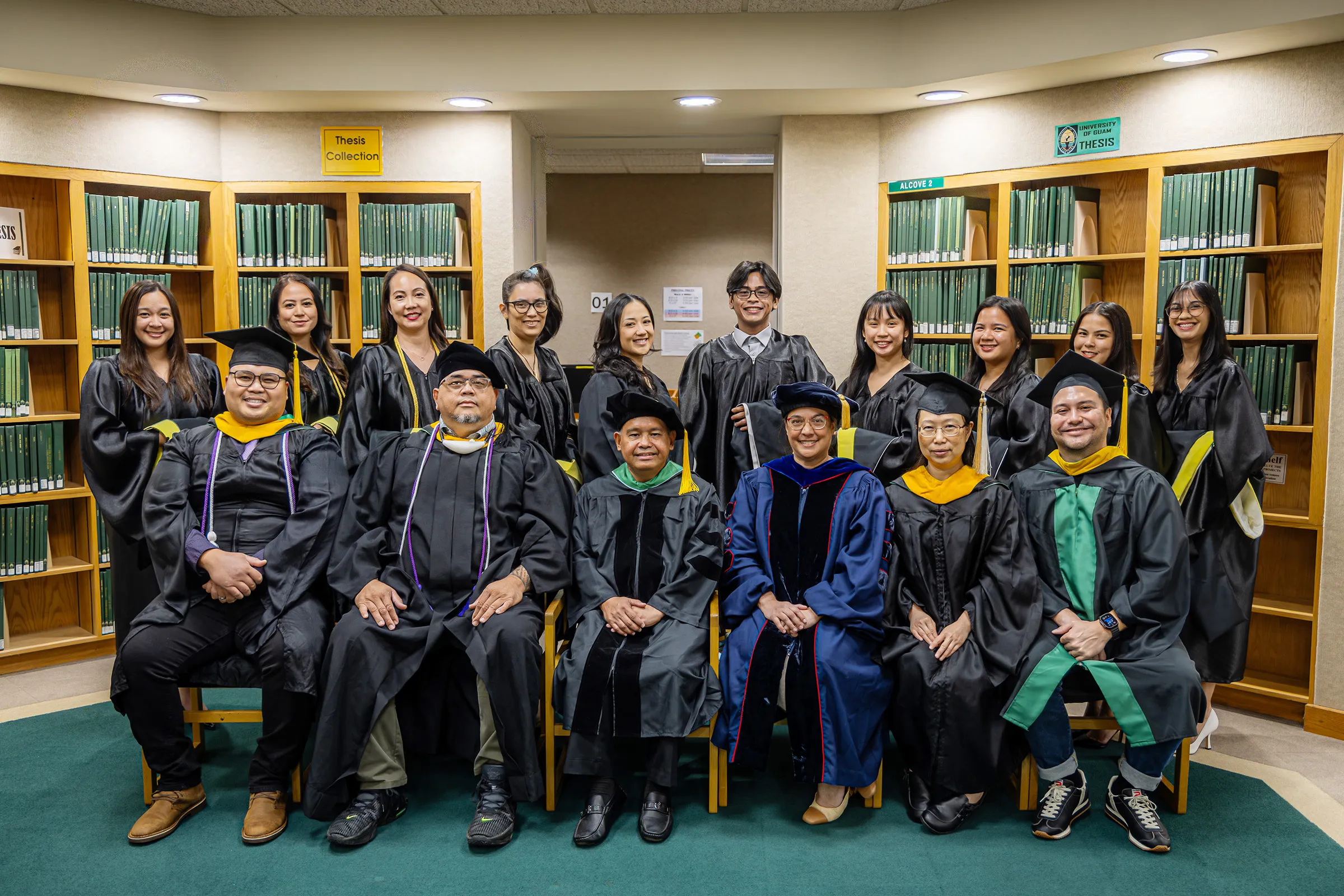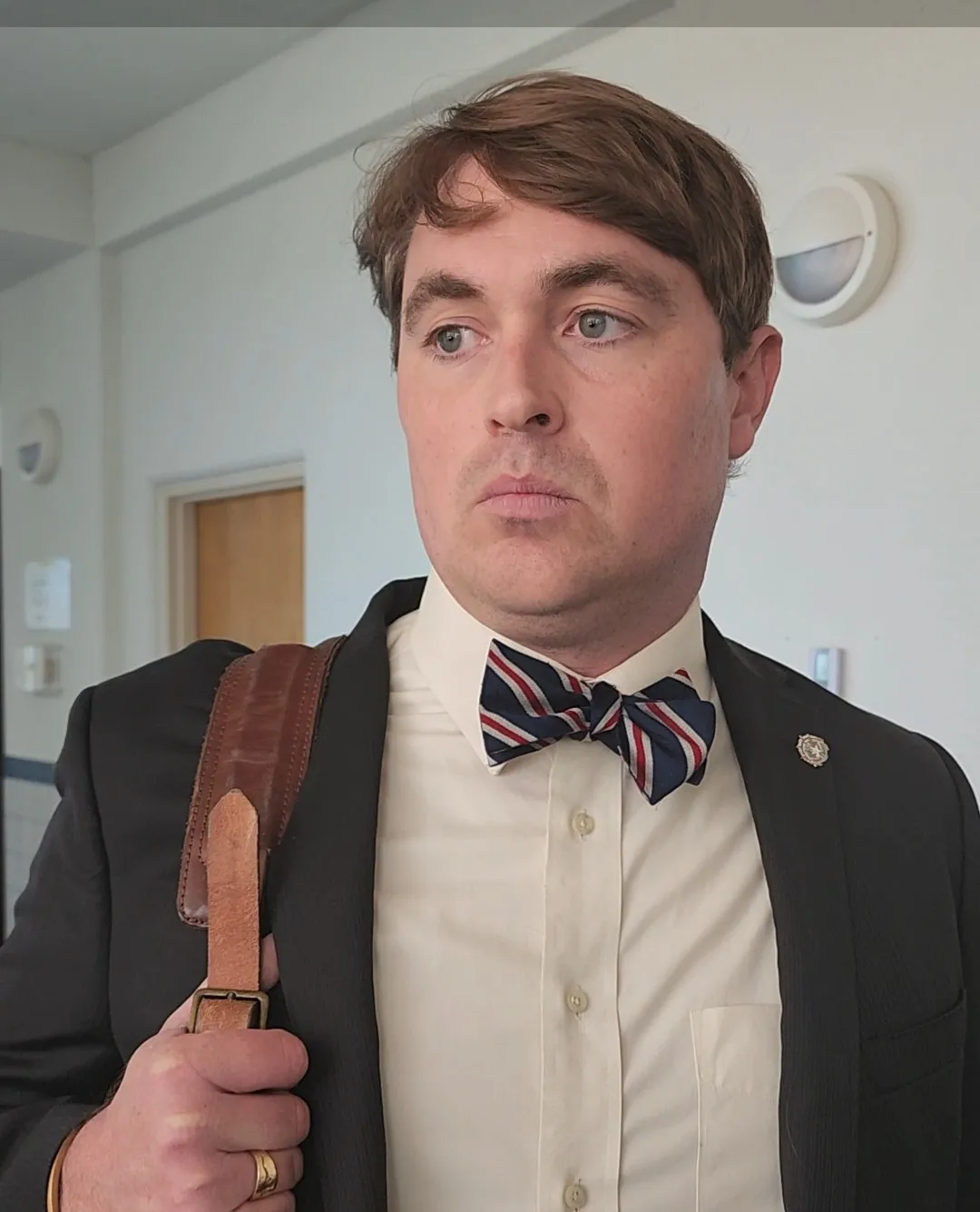
GOVERNOR Arnold I. Palacios on Thursday explained how the government was able to “survive and meet its obligations” despite the “overcommitted” American Rescue Plan Act funds that the CNMI received from the federal government.
“I tell you, [the] ARPA [funds] were overcommitted. And so, what we were using were recovered ARPA funds,” he said.
His administration and legislative allies earlier said that the ARPA funds were “already depleted.”
In 2022, the CNMI received about $481 million in ARPA funds.
In February 2023, Palacios said the funds “were misspent and overspent [by the previous administration] and ARPA accounts are now in deficit in the tens of millions of dollars.”
On Thursday, he said the CNMI government spent “close to $50 million or even $60 million in ARPA monies to pay for expenses related to recovery from the impact of Covid-19 pandemic, and Super Typhoon Yutu devastation, but mostly Covid.”
He said the Commonwealth also submitted applications for reimbursements to the Federal Emergency Management Agency, “which took a long time ….”
“So when we came in, the fiscal condition of the Commonwealth, despite the large amount of funding available for us, were not just there. And this is the fact,” Palacios said.
In fiscal years 2021 and 2022, during the height of the pandemic restrictions that all but shut down the tourism industry, he said the CNMI government incurred deficits of $60 million and $38 million, respectively.
“That’s in the audit. I am not making it up,” he said, adding that the government incurred these deficits “despite all the [federal] funding that was made available to us.”
Starting in FY 2023, the governor said, with the imposition of austerity measures, “painful as it is,” his administration cut the deficit down to $3 million. In FY 2024, he said, “we basically balanced the budget because that was when we had austerities and cut back on all expenses.”
He said despite the austerity measures “we continue to pay our obligations to the Public School System, and … to the Settlement Fund. And that was stabilized. And we still managed to somehow reprogram funding internally to pay for the 25% [benefit] of our retirees.”
He said in November 2024, “we decided that those folks that continued to sacrifice two years from the austerity, in their hours, we lifted that part,” referring to the restoration of the 80 work hours of executive branch employees that was funded by ARPA monies.
This year, he said the Office of Management and Budget, the Department of Finance and “the fiscal advisers that we have in the office” get together almost twice weekly “to begin cracking on how the government is going to continue to maintain a stable funding for the people and government programs.”
Palacios said his administration is going to continue to monitor government cash flow and spending “to make sure that everything else, especially health and life insurance, which is critical for government employees, and the local match to Medicaid, continues to be paid on a timely basis.”
“It’s been a challenge guys,” Palacios said. “It has not been rosy. But you know, we all wake up in the morning to thank the Lord for the day and ask for strength and guidance, and we move on and get through it.”
As for the restoration of the government employees’ 80 work hours, he said, “so far, we are doing fine on those, and if there’s any drastic changes, we are going to have to make those adjustments. It may be unpopular, but that’s the fact of life and if there is a downward departure on our revenues we will have to make those adjustments accordingly.”
In a letter to the Legislature last month, Palacios said there is a need to be “very cautious” due to “events surfacing around us, such as the recent announcement of Jeju Air pulling back charters and a potential closure of a conglomerate establishment,” which “is a signal of more challenges ahead in our tourism economy.”
The governor also informed lawmakers that a $30 million pension obligation bond has made “additional budgetary resources available” for appropriation.
Tourism arrivals and hotel occupancy rates remain well below the pre-pandemic levels.










